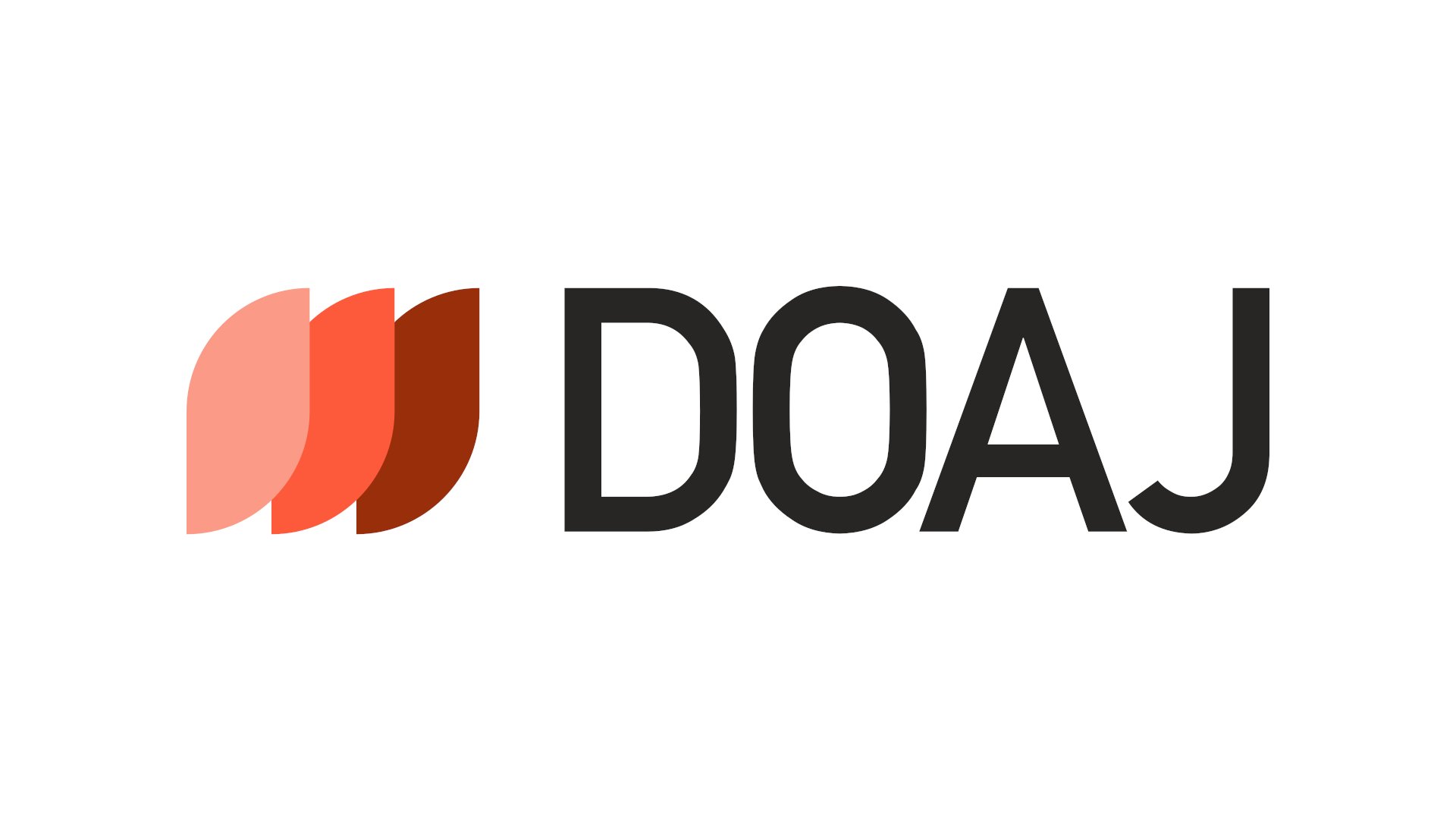Cyber Security Challenges in Industry 4.0: A Review
DOI:
https://doi.org/10.33022/ijcs.v13i2.3848Keywords:
cyber security, industry 4.0, IoTAbstract
In the era of Industry 4.0, when smart factories and networked systems are reshaping the landscape of industrial production, the protection of important data and information security is a top priority. Cyber-physical systems and the technology that supports it are the keys to Industry 4.0. It is founded on four essential design principles: interoperability, availability of information, technological assistance, and decentralized decision-making. These design principles, however, provide new weaknesses that could be exploited by bad people. To protect these systems from emerging dangers, great consideration should be given to the proactive and adaptive security measures, which will consequently enable the continuing growth and success of Industry 4.0 technologies. This paper will delve into the multifaceted challenges that Industry 4.0 presents in terms of data security and the emerging solutions and strategies required protecting vital information in this brave new world of manufacturing. The exploration of these challenges and the proposed solutions are essential for businesses and policymakers alike to navigate the complexities of data security and ensure the resilience of critical information in the digital age of Industry 4.0.Published
08-04-2024
Issue
Section
English Articles
License
Copyright (c) 2024 farah xoshibi, Prof. Dr. , soran hamad, sozan maghdid

This work is licensed under a Creative Commons Attribution-ShareAlike 4.0 International License.



